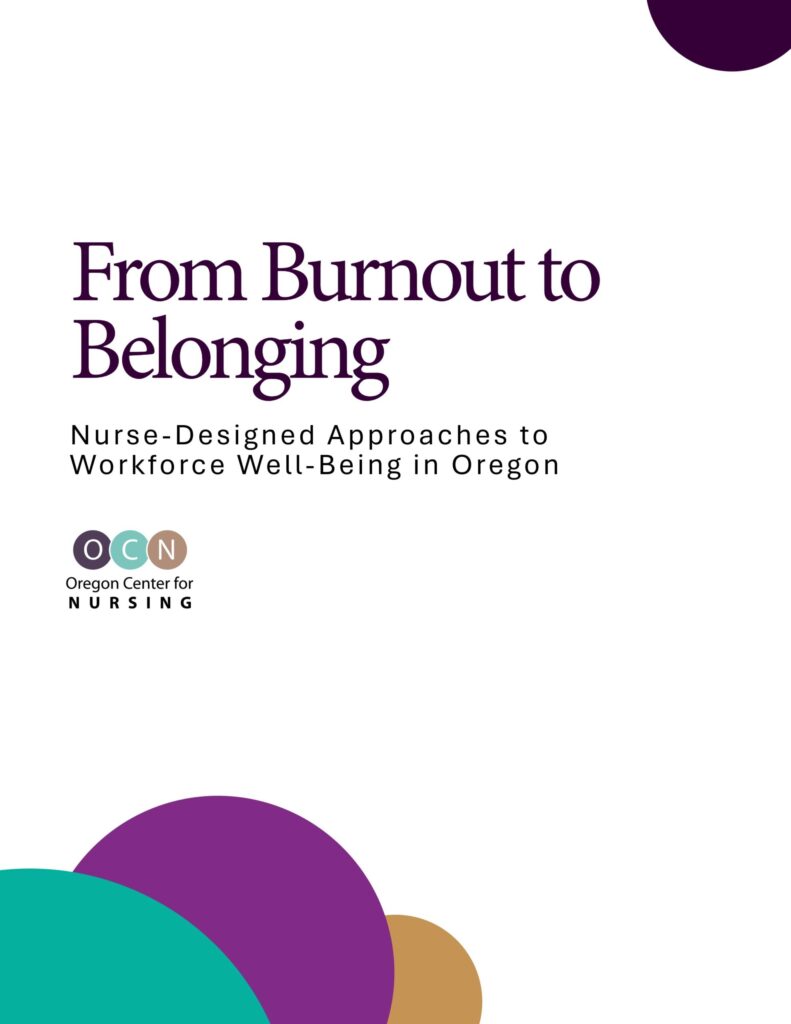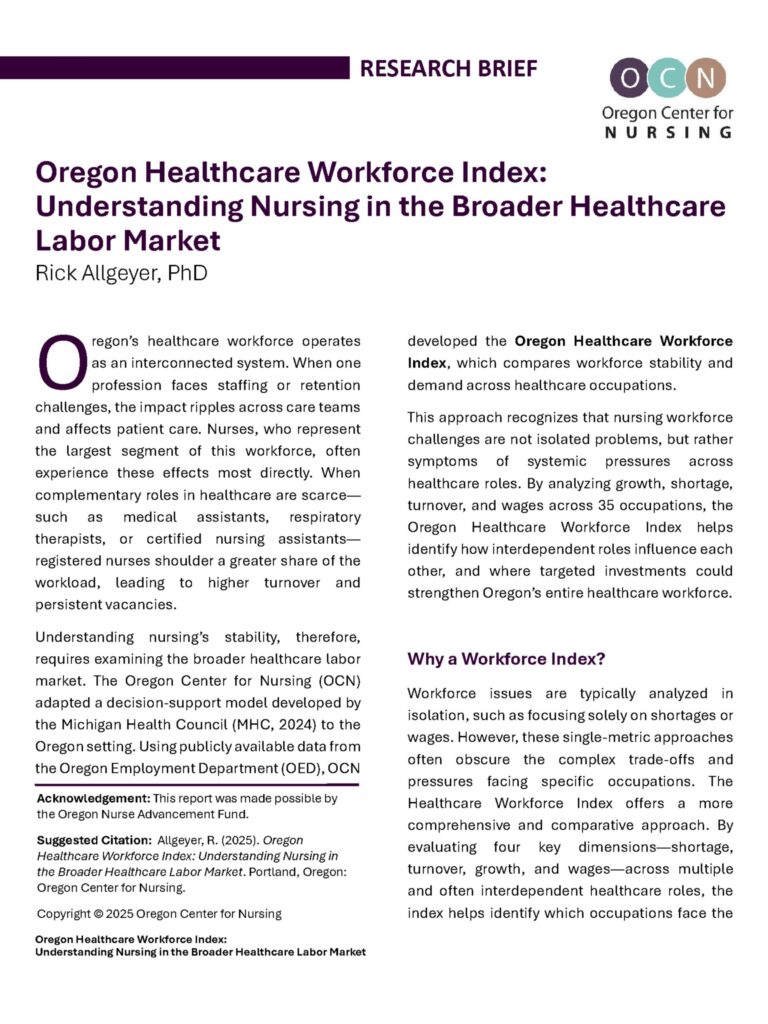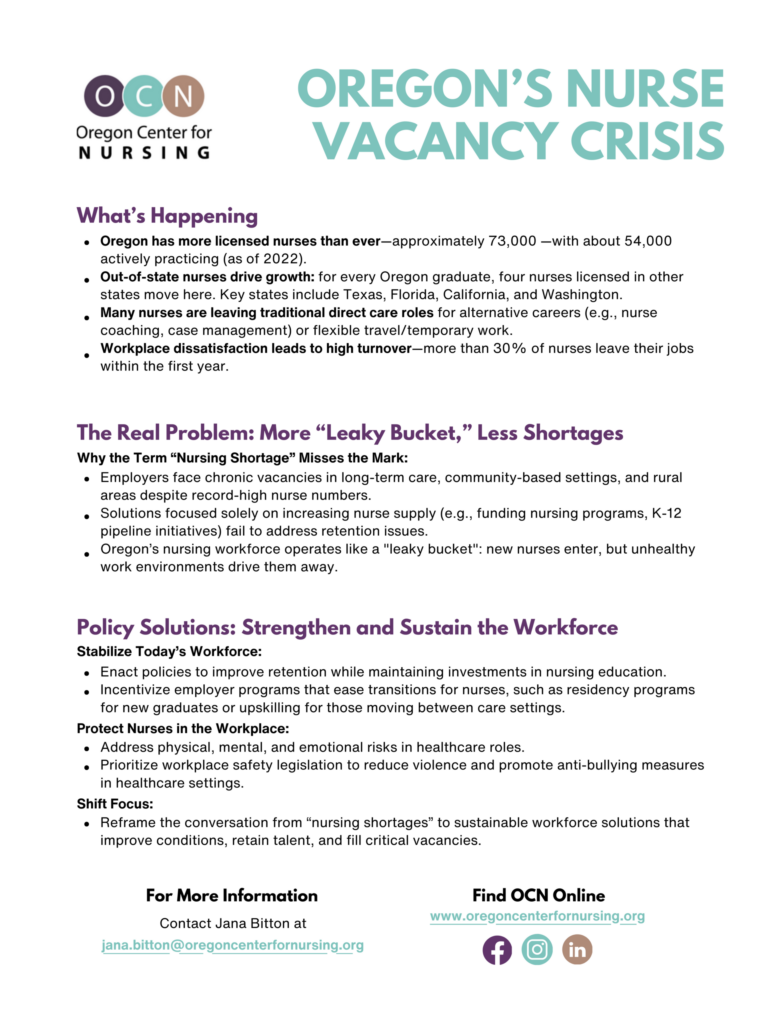Healthcare employers in Oregon’s rural areas face persistent difficulties in attracting and retaining nursing professionals, particularly in long-term and ambulatory care settings. Through a collaborative pilot study with the Southwest Oregon Workforce Investment Board, the Oregon Center for Nursing conducted focus groups across Coos County to identify themes influencing workforce sustainability. These themes encompass both practice-related factors—such as workload, salary competitiveness, and leadership structure—and broader community concerns including housing quality, employment opportunities for spouses, and access to essential services.
The methodology relied on structured interviews using a custom questionnaire developed from past embeddedness research and literature. Feedback from six practice-specific focus groups was analyzed using the Framework Method, producing 132 unique codes and 35 thematic clusters. This process revealed consistent barriers around misaligned expectations, community integration difficulties, and compensation limits. Yet, it also highlighted significant attractors such as organizational culture, flexible schedules, and the area’s natural beauty.
These findings suggest that while employers can identify barriers, broader community collaboration is needed to craft lasting solutions. The report emphasizes the value of shared local leadership in reducing resistance to nurse recruitment and in scaling solutions that reflect both community and practice-level needs. Future replications of this model aim to verify its effectiveness statewide in addressing Oregon’s nursing workforce maldistribution.


